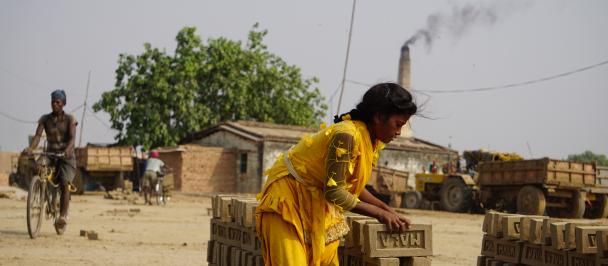Pesticides available on the market today are approved by the relevant institutions and sold in agricultural pharmacies, but empty pesticide containers, unless properly managed, are potentially dangerous to humans, animals and the environment.
Reducing the negative impact of pesticides on the environment with proper packaging handling
May 2, 2024

Dr. Dragan Zarić
Agricultural land covers about 2.5 million hectares of Bosnia and Herzegovina, which represents about half of the total land area, of which about 60 percent is arable. The potential of agricultural production is also reflected in favorable agro-climatic conditions, a large number of different agricultural crops, preserved agricultural land, products of excellent quality and tradition, knowledge and effort of agricultural producers.
The use of pesticides in agricultural production is indispensable in order to protect crops from diseases and pests, and to maintain the health of plants. Pesticides available on the market today are approved by relevant institutions and sold in agricultural pharmacies, but empty pesticide containers, unless properly managed, are potentially dangerous to humans, animals and the environment. Additionally, improperly disposed packaging can lead to soil and groundwater contamination.
In order to reduce the risk to human health and the environment, UNDP in Bosnia and Herzegovina, with the support of the Government of Sweden, within the project "Environmentally Sound Management of Persistent Organic Pollutants (POPs) in Industrial and Hazardous Waste Sectors in BiH" seeks to prevent or minimize the unintentional release of POPs into the environment by implementing a series of activities aimed at adequate management, use and disposal of pesticide waste, as well as by educating users and setting up infrastructure for packaging waste disposal.
We recognized the project as very useful, considering that at the level of Bosnia and Herzegovina we have a lot of such waste, i.e. empty packaging. Our use of pesticides in agriculture is significantly lower compared to the developed countries of Western Europe, but it is sufficient enough that the problem of proper packaging management should be addressed. We already have 7 agricultural producers in Bosnia and Herzegovina where we have arranged adequate containers for disposing of this type of waste, and usually these are producers who have larger arable areas on which they work and have a higher consumption of pesticides per hectare.Dr. Dragan Zarić, Head of the Bijeljina Regional Unit of the Department for the Provision of Professional Services at the Ministry of Agriculture of the RS.
As part of the project, a training program was developed on how to properly dispose of and safely store this packaging in specially marked containers. Trainings for trainers and trainings for farmers were attended by 157 people. Trainings with a practical demonstration of triple rinsing of packaging ensured the transfer of knowledge and sustainability, and by triple-rinsing and properly disposing of packaging waste from pesticides, the efficiency on the plots also increases.
"Through the project, over 25 tons of packaging contaminated with pesticides have been collected. The practice in the European Union is to recycle that packaging and use it for reuse in the production of pesticides or turn it into energy. Since in our country we do not have the capacity to convert such packaging into a reusable product, we will convert this packaging into a material that can be used for energy purposes in our energy capacities in BiH."Maid Hadžimujić, director of Kemeko-BH d.o.o. Lukavac
Until now, agricultural producers have most often thrown packaging waste from pesticides into municipal municipal waste or burned it in the field, causing environmental pollution. Ecological disposal of this packaging, which represents hazardous waste, also prevents the unintentional release of POPs substances covered by the Stockholm Convention, primarily harmful dioxins and furans, which are produced by burning on farms, which has been a common practice in BiH until now.
The implementation of the POPs project creates prerequisites for the establishment of a sustainable system for collecting waste packaging from pesticides, increases the processing of plastic packaging materials, reduces the negative impact on the environment, and successfully implements the principles of circular economy.

 Locations
Locations





